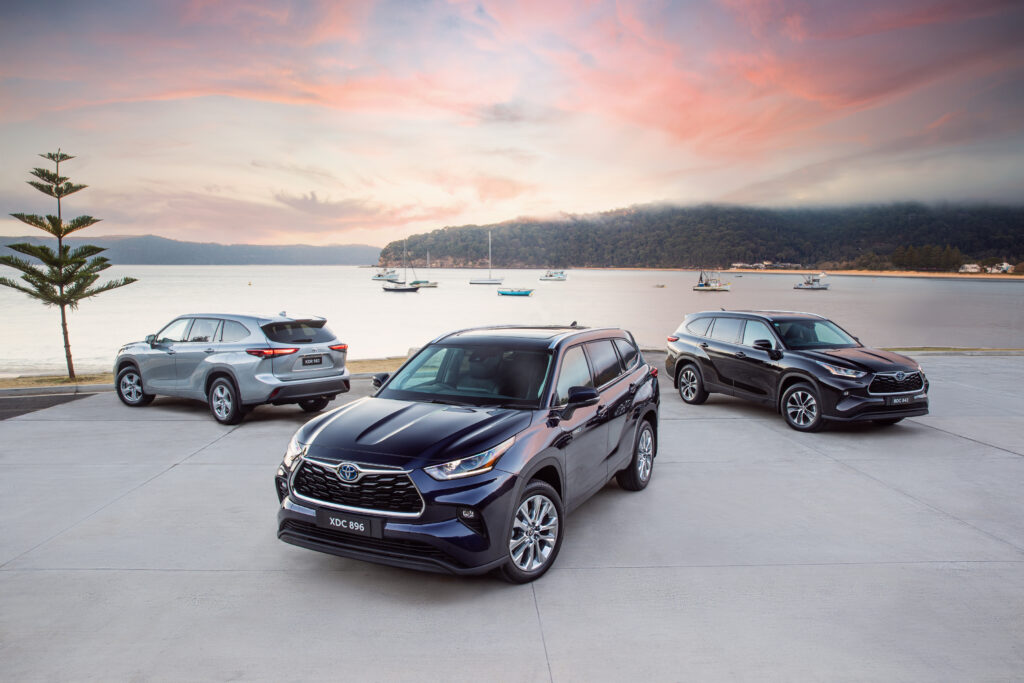More cars get yf
- PostedPublished 25 February 2022
The uptake of R1234yf in new vehicles sold on the Australian market increased to an estimated 15 per cent in 2020 and is expected to reach 50 per cent by 2025 according to the latest Cold Hard Facts study.
But the report – produced by the Expert Group and commissioned by the Department of Agriculture, Water and the Environment – points out that despite 49 per cent of vehicles imported to Australia coming from countries with high domestic uptake of R1234yf, 85 per cent of vehicles from the top 20 leading brands still arrive charged with R134a.
“Combined with interviews with dealers, the evidence indicates that some of the largest selling brands, such as Toyota and Hyundai, had not yet commenced importing systems charged with HFOs into Australia during 2020,” says the Cold Hard Facts 2021 report.
“However, the data does suggest several brands had commenced imports of some models with HFO, including Japanese auto makers Mazda, Nissan, Honda and Suzuki, and a number of USA and European brands including Ford, Holden, BMW and Renault.”
On the upside, Cold Hard Facts appears to confirm rumours that Toyota – which consistently holds a commanding market share of around 20 per cent – has begun importing cars charged with YF.

“According to their [Toyota’s] largest service centre, the Kluger [is] the first model to feature this very low GWP refrigerant,” the report says.
Urgency of the switch to low-GWP refrigerants is illustrated by the amount of refrigerant consumed through servicing, which in 2020 was an estimated 681.2 tonnes – up 10 per cent on the average recorded across the seven years prior and equivalent to more than 950,000 tonnes of carbon dioxide emissions. Per year.
It is a figure that needs to come down fast and will only do so if car manufacturers get serious about implementing low-GWP refrigerants in cars they export globally, regardless of regulations and requirements in each destination market.
“Based on the reported number of new vehicle imports containing HFCs we estimate that around 15% of all MAC imported in 2020 were charged with HFO-1234yf,” says the report.
“All indications are that, despite the very slow start to transitioning the MAC fleet to HFOs, the change will now be quite rapid and Expert Group projects that by 2025 at least 50% of all new passenger and light commercial vehicles imported will contain MAC charged with HFOs.”
- CategoriesIn SightGlass
- Tagssightglass news issue 26

